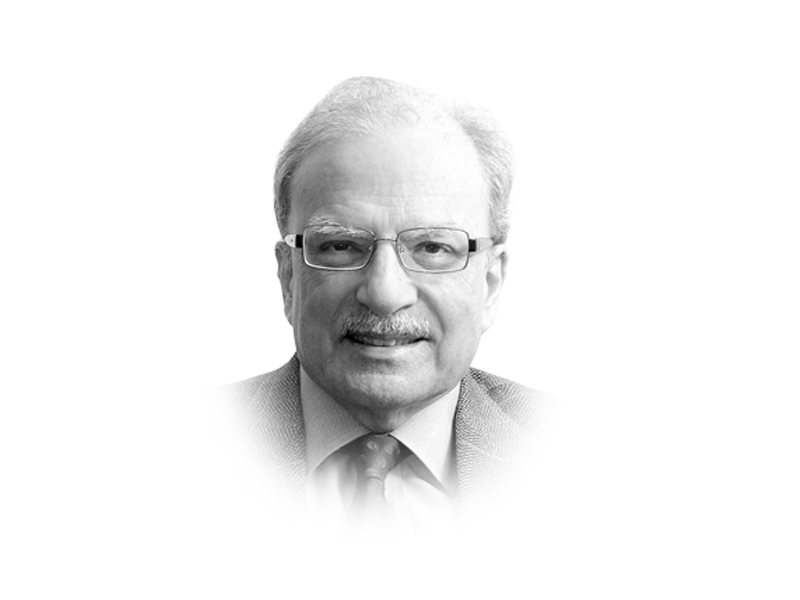
Some of Obama’s views may seem strangely unorthodox. The Goldberg article made news around the world, particularly in Europe and the Middle East. According to an assessment by Adam Taylor in The Washington Post, “while Iran comes into the president’s firing line, Obama also complains bitterly about America’s Sunni allies in particular. China, perhaps America’s most serious competitor on the world stage, gets off lightly with the US leader saying he would prefer a stable China than a chaotic one. And Vladimir Putin, the Russian leader considered a pariah around much of the globe, gets a remarkably polite assessment from Obama who dubs him ‘scrupulously polite, very frank’ in their meetings.”
Why has Obama chosen to be this frank, candid and open while he heads for the exit? He will leave office in late January 2017. Even his detractors, of which there are many, will grant him thoughtfulness in his conduct. He reflects hard before he goes public about his views, in particular about world affairs and world leaders. The reason for speaking at such length in the last year of his presidency may have been prompted by his concern about his legacy. He is worried about how history and historians will evaluate him and his presidency.
He came into office making no secret that he wanted to be seen as a transformative leader, a person who would be remembered as having reshaped America. He aspired to be another Abraham Lincoln, whose stewardship of his country at a delicate moment in its history left a deep impression on how America evolved as a nation state. But Lincoln’s success was on the domestic front; he was not much occupied with foreign affairs. Lincoln’s America was not a major world power. Obama’s America casts a long shadow on the world. He took office while his country was heavily engaged in two costly wars in the Muslim world. He wanted to pull out of these. His campaign slogan of hope and “yes we can” inspired millions to enter the political arena and vote for him.
There was much that needed to done at home but a hostile opposition denied him the space in which he could work. In spite of this, he accomplished a lot. However, history will look sharply at his performance in world affairs and there, even those who worked with him, view him as reactive rather than inspirational. The thrust of The Atlantic article is about his frustration at not being allowed to accomplish what he wanted in the world. Much of what he wanted to do was spelt out by him in his Nobel Peace Prize speech in 2009. It is in this context that we should see his view of Pakistan.
“Though he has reputation for prudence, he has been eager to question some long-standing assumptions undergirding traditional US foreign policy thinking,” wrote Goldberg. “To a remarkable degree he is willing question why America’s enemies are the enemies, or some of its friends are friends.” He believes that the United States should not be bound by tradition or sentiment. For instance, he is perfectly happy to ditch the special relationship with Britain finding that country’s leadership “distracted by a range of other things,” such as relations with Europe.
It is this approach that has taken the American president to speak so negatively about Pakistan. “He questioned why the US should avoid sending its forces to Pakistan to kill al Qaeda leaders and he privately questions why Pakistan, which he believes is a disastrously dysfunctional country, should be considered an ally at all.”
President Obama has arrived at this conclusion since he views Pakistan as an obstacle in the way of realising his greatest ambition – to leave office with no American troops fighting unwinnable wars in any part of the world. For a person as sophisticated as Obama, it is surprising that he does not recognise that a country that does not totally align its national strategic approach with that of the United States does not become “disastrously dysfunctional.” It should not take a long lesson in history for Barack Obama to realise that some of what is dysfunctional about Pakistan is because of the policies Washington has followed in the geographic space of which Pakistan is a part.
Published in The Express Tribune, March 21st, 2016.
Like Opinion & Editorial on Facebook, follow @ETOpEd on Twitter to receive all updates on all our daily pieces.













COMMENTS (8)
Comments are moderated and generally will be posted if they are on-topic and not abusive.
For more information, please see our Comments FAQ